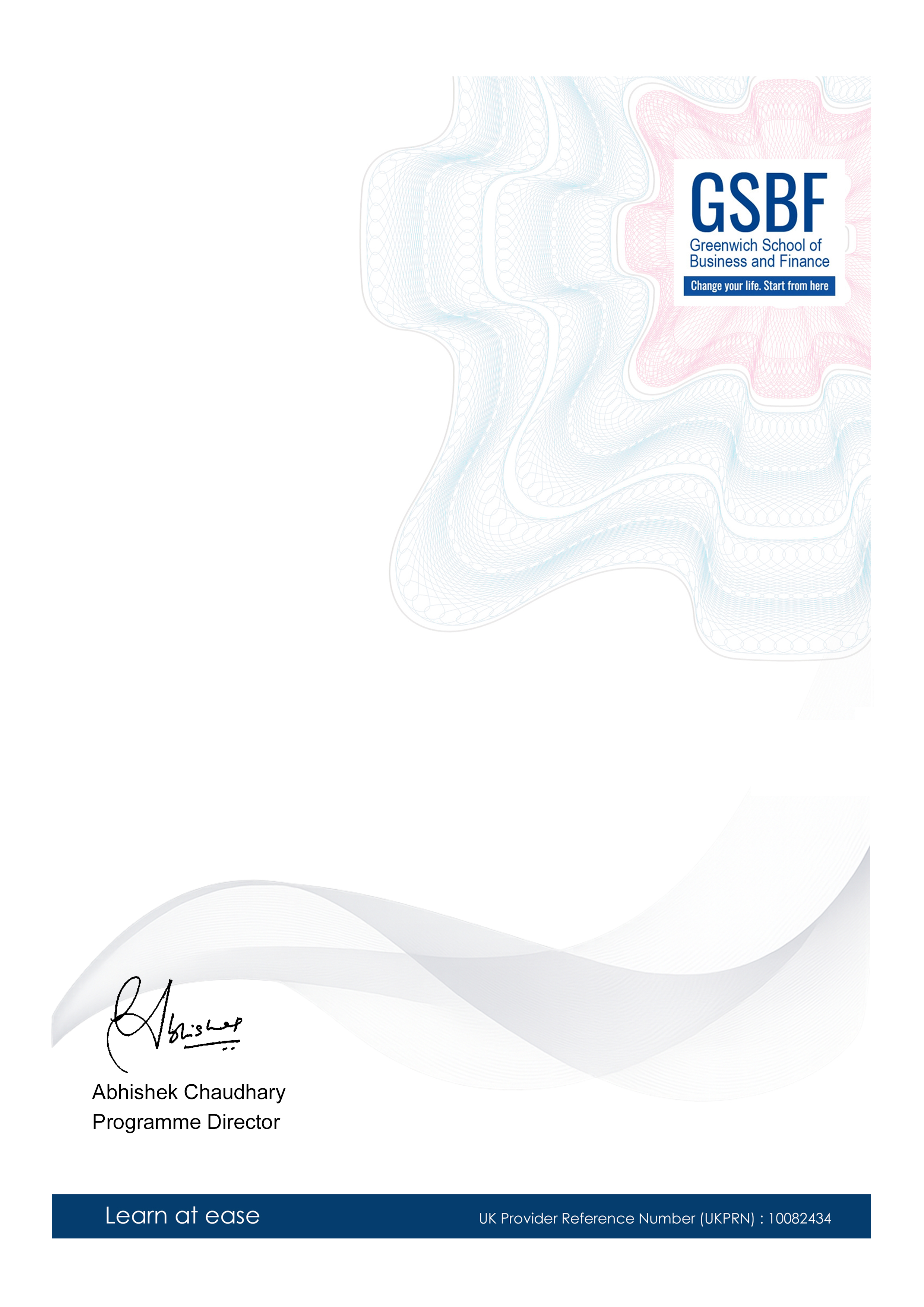Postgraduate Certificate in Humanitarian Logistics Ethics
-- viewing nowThe Postgraduate Certificate in Humanitarian Logistics Ethics is designed for professionals seeking to deepen their understanding of ethical considerations in humanitarian logistics. The program equips learners with the knowledge and skills to navigate complex ethical dilemmas that arise in humanitarian aid delivery.
3,613+
Students enrolled
GBP £ 149
GBP £ 215
Save 44% with our special offer
About this course
100% online
Learn from anywhere
Shareable certificate
Add to your LinkedIn profile
2 months to complete
at 2-3 hours a week
Start anytime
No waiting period
Course details
• Ethics in Humanitarian Logistics: This unit provides an overview of ethical considerations in humanitarian logistics, including principles, frameworks, and case studies.
• Supply Chain Management for Humanitarian Aid: This unit covers the fundamentals of supply chain management in humanitarian contexts, including procurement, transportation, and distribution.
• Emergency Relief Operations: This unit focuses on the planning and execution of emergency relief operations, including coordination with local authorities and stakeholders.
• Disaster Risk Reduction: This unit explores strategies for reducing the impact of disasters on vulnerable populations, including risk assessment and mitigation measures.
• Sustainable Development Goals and Humanitarian Action: This unit examines the interplay between sustainable development goals and humanitarian action, including the role of logistics in achieving these objectives.
Career path
Postgraduate Certificate in Humanitarian Logistics Ethics
The Postgraduate Certificate in Humanitarian Logistics Ethics is a specialized program that equips students with the knowledge and skills necessary to navigate the complex ethical challenges in humanitarian logistics. This program is designed for individuals who want to pursue a career in the humanitarian sector, specifically in logistics and supply chain management. The curriculum covers topics such as ethical decision-making, stakeholder engagement, sustainability, and emergency response.
Career Roles
Upon completion of the program, graduates can pursue various career roles in the humanitarian sector, including:
- Humanitarian Logistics Coordinator
- Emergency Response Planner
- Supply Chain Manager for Humanitarian Aid
- Ethical Sourcing Specialist
- Disaster Risk Reduction Expert
Job Market Trends
The job market for professionals with expertise in humanitarian logistics and ethics is growing rapidly due to the increasing demand for efficient and sustainable aid delivery. According to a recent report by the United Nations, the number of humanitarian emergencies worldwide has increased by 60% since 2000, highlighting the need for skilled professionals in this field.
Salary Ranges
Salaries for professionals in the humanitarian sector vary depending on factors such as experience, location, and organization size. However, according to PayScale, the average salary for a Humanitarian Aid Worker in the UK is £32,000 per year.
Skill Demand
Skills in demand for professionals in the humanitarian logistics and ethics sector include project management, stakeholder engagement, supply chain management, data analysis, and cultural sensitivity. Proficiency in languages such as French, Spanish, and Arabic is also highly valued.
Entry requirements
- Basic understanding of the subject matter
- Proficiency in English language
- Computer and internet access
- Basic computer skills
- Dedication to complete the course
No prior formal qualifications required. Course designed for accessibility.
Course status
This course provides practical knowledge and skills for professional development. It is:
- Not accredited by a recognized body
- Not regulated by an authorized institution
- Complementary to formal qualifications
You'll receive a certificate of completion upon successfully finishing the course.
Why people choose us for their career
Loading reviews...
Frequently Asked Questions
Course fee
- 3-4 hours per week
- Early certificate delivery
- Open enrollment - start anytime
- 2-3 hours per week
- Regular certificate delivery
- Open enrollment - start anytime
- Full course access
- Digital certificate
- Course materials
Get course information
Earn a career certificate

